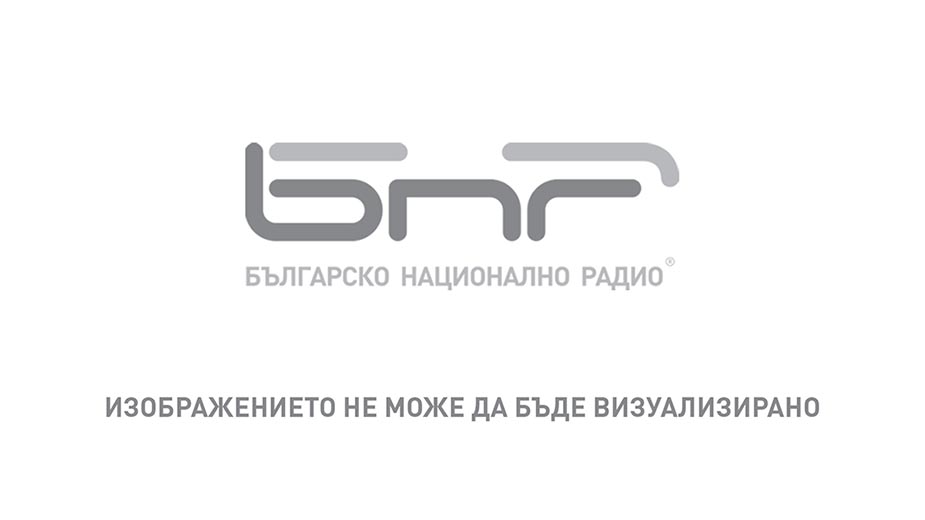
The legislative amendments currently in the works in connection with the European Commission’s “mobility package” will be submitted to the European Parliament committees next week and will be voted on 24 May. The changes directly affect Bulgarian international road transport operators who are decidedly against them. What is more, the indignation of the Bulgarian truckers has the unanimous support of all political forces, and of PM Boyko Borissov himself.
Last Thursday Borissov even travelled to Aachen, Germany, to join German Chancellor Angela Merkel and French President Emmanuel Macron, and attend the ceremony at which the French President was awarded the Charlemagne prize. There, at the highest level, Borissov did his best to persuade the authors of the prospective legislative changes to tone down the measures so they would fit the less economically advanced members of the EU, and more specifically – Bulgaria. Macron suggested they discuss the problems over the phone; what Angela Merkel’s reaction amounted to was “we’ll see”. European Commissioner for Transport Violeta Bulc arrived in Sofia on Monday in some urgency to discuss the matter with the Bulgarian PM. The talks were long and difficult, and after they were over Commissioner Bulc stated she expected concrete proposals for changes in the regulations from the “mobility package” by the end of the Bulgarian Presidency of the Council of the EU. On his part Boyko Borissov stood firm, saying that as it now stands, the “mobility package” will “kill off the transport business”.
So, what exactly are we talking about? The European Commission’s “mobility package” is said to have been greatly influenced by President Macron’s personal cause regarding posted workers and against social dumping by the economically weaker countries of Central and Eastern Europe. Admirable ambitions and measures – at first glance. Yet, in practice, by imposing requirements on transport companies, the fulfillment of which most East European hauliers simply cannot afford, they are putting at risk hundreds of thousands of people as well as companies in the Eastern part of the continent, threatening them with termination of their activities, bankruptcy and unemployment. One of these requirements is for truckers to return to their place of origin every 3 weeks, another – that after the third day inside an EU country drivers be paid according to the norms for posted workers in the country they have entered or that they should not sleep inside truck cabins but at a hotel. Changes are also envisaged in the rules of road cabotage, which are tantamount to its being eradicated altogether. For thousands of Bulgarian, Hungarian and Romanian trucks, owned by small or family companies, all this is an unaffordable luxury.
In Bulgaria the transport sector accounts for 15 percent of the GDP and employs around 200,000 people. People in this business say that the new measures are discriminatory and will destroy it. Be as it may, this is one of the rare instances when the ruling party and the opposition in parliament are in agreement, even signing a declaration to demand that the government take steps to protect Bulgarian carriers. It is also one of the rare instances when Sofia dares raise objections to any of the decisions made by Brussels.
The carriers themselves thought better of leaving their fate entirely in the hands of the official authorities and threatened to organize protests during the EU-Western Balkans summit in Sofia on Thursday, bringing 1,000 trucks and buses out into the streets and going as far as saying they are not ruling out a blockade of the country’s land borders.
What the ultimate outcome of the actions by the Bulgarian authorities and hauliers will be is not quite clear – it is all up to the most powerful countries in the EU and how willing they are to take into consideration the interests of the weaker and smaller members. Experts say Bulgaria does not stand much of a chance. But there is one thing that is admirably clear even at this point – that everyone in the country has united to uphold the interests of the Bulgarian transport business, setting aside their intense political and economic differences. Which goes to show that unity is possible, when national interests are at stake. It should not be forgotten that the motto of the Bulgarian Presidency of the Council of the EU is “Unity makes strength”. These same words are written on the building of the Bulgarian National Assembly which will, most probably, be blocked off by hundreds of Bulgarian trucks and buses as a form of protest on Thursday, the day of the EU-Western Balkans summit Sofia is hosting.
English version: Milena Daynova
A new party called Bulgaria Can (Bulgaria Mozhe) was founded today. Its leaders are the political and economics analyst Kuzman Iliev and the former MP from the Vazrazhdane party, Ivo Ruschev. The aim of the new party is to be an alternative for voters..
GERB leader Boyko Borissov has sent a letter to the We Continue the Change-Democratic Bulgaria (PP-DB) coalition proposing a way out of the political crisis. The information was confirmed by BNR sources. Borissov has proposed that the leader of..
The members of parliament will continue their session at 10 AM on November 22, following yet another unsuccessful attempt to elect a Speaker of the National Assembly. In the last vote on Wednesday, November 20, the candidacies of Raya Nazaryan from..
''The talks with a parliamentary group which had stated categorically in advance that it would not participate in the process of forming a government..
President Rumen Radev's consultations with parliamentary groups continue. Today, he will meet representatives of the Alliance for Rights and Freedoms..
Romanian parties form coalition to defend the country's European path Romanian President Klaus Iohannis convened the..

+359 2 9336 661
